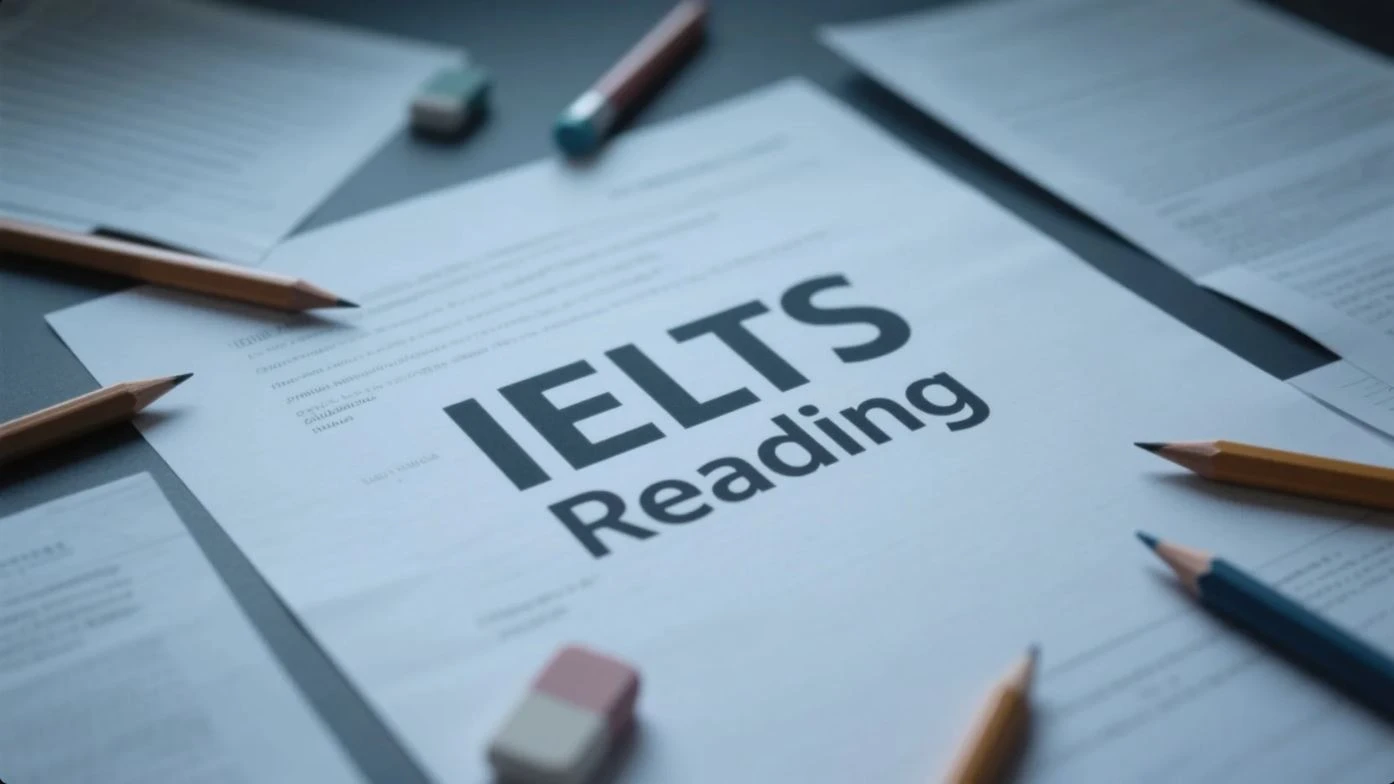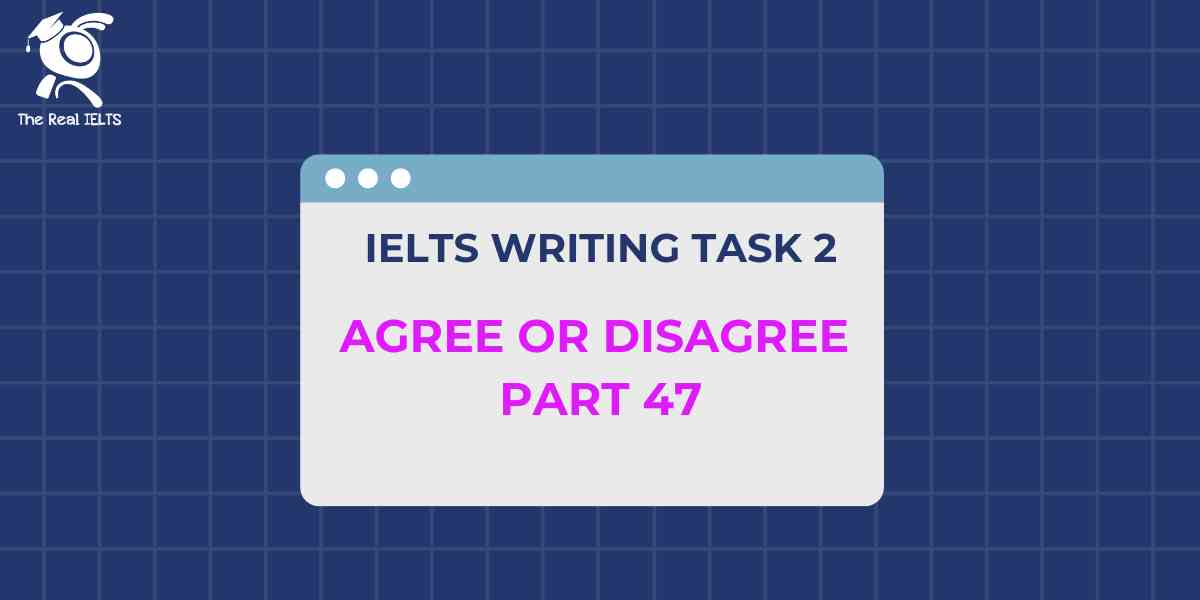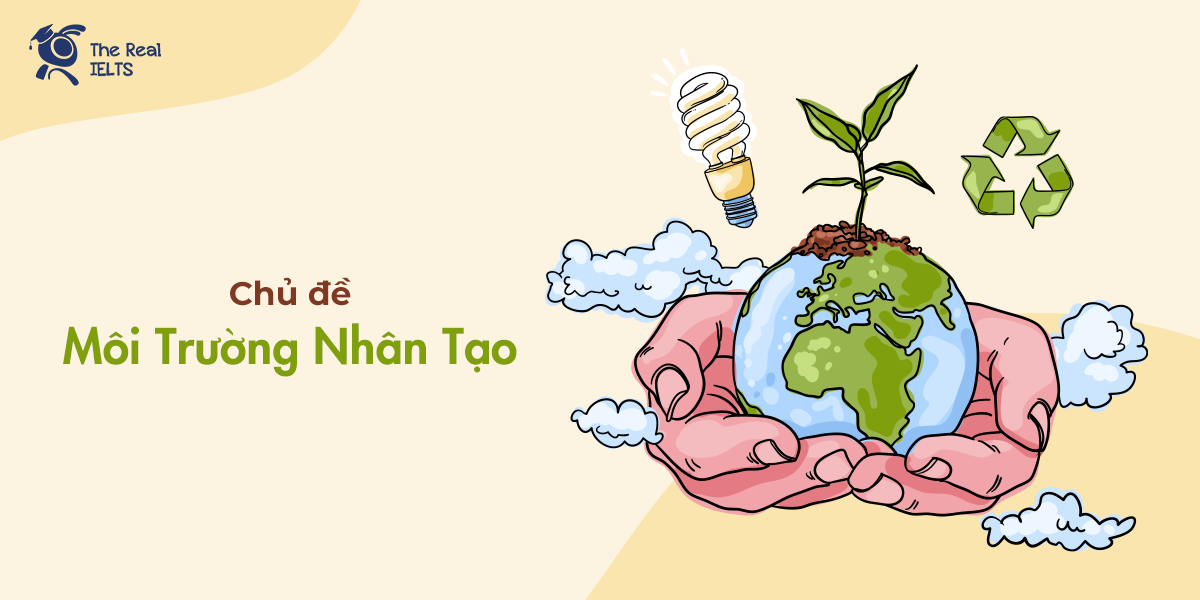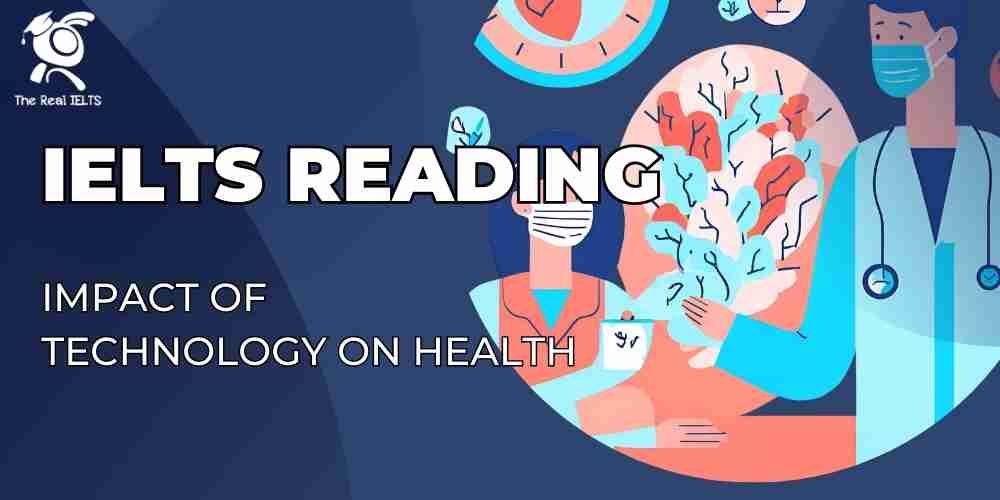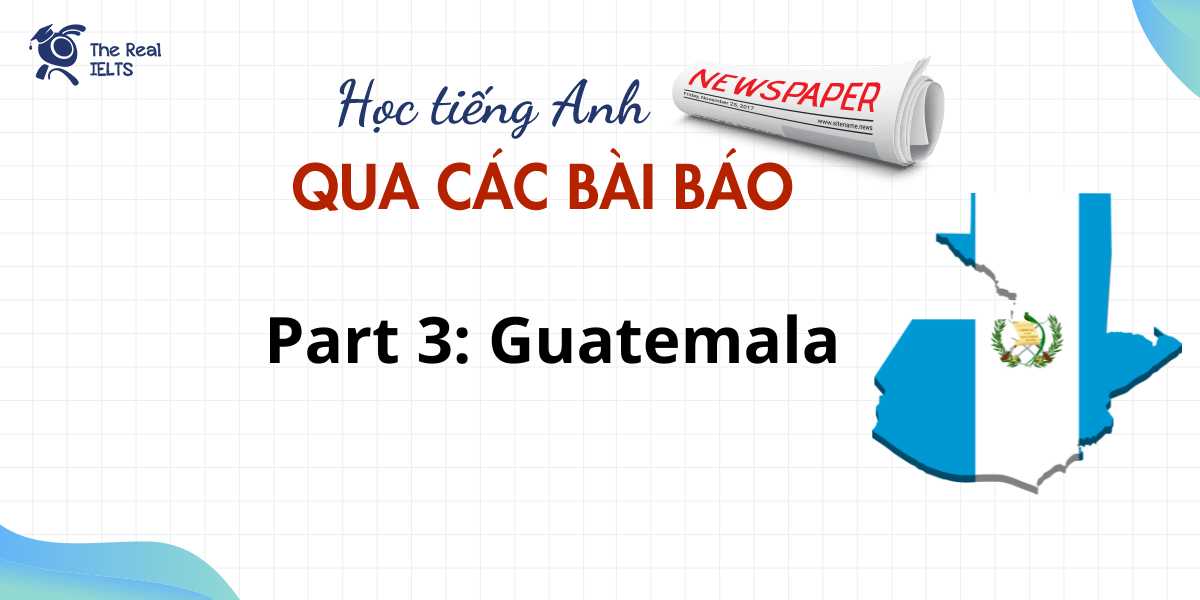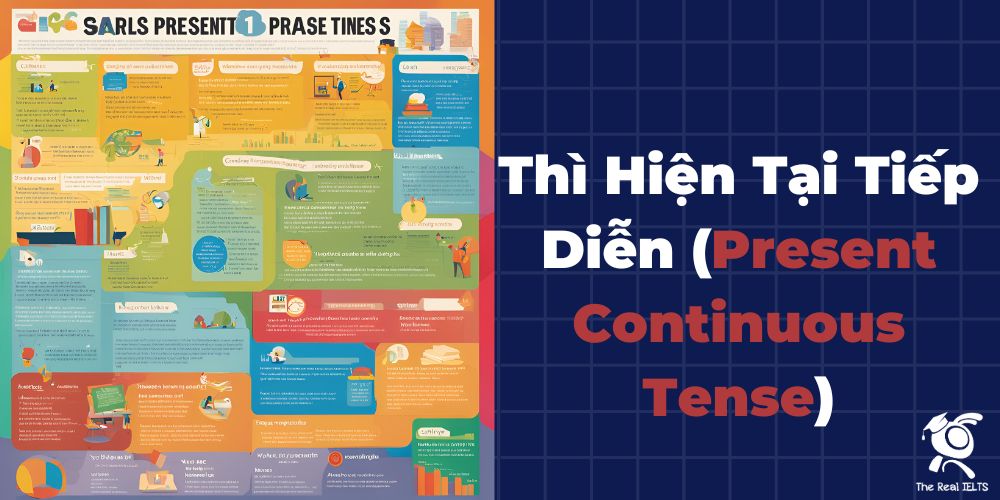Đề bài IELTS Writing Task 2 dạng Positive or Negative material possessions
You should spend about 40 minutes on this task
The trend of experiential spending over material possessions. Do you think this is a positive or negative development?
Write at least 250 words.
Giải mẫu đề luyện thi IELTS Writing
The trend of prioritizing experiential spending over material possessions has gained significant traction in recent years. This shift is often attributed to the belief that experiences, rather than things, bring more lasting happiness and fulfillment. While I largely agree that this trend is a positive development, there are certain caveats that should be considered.
On one hand, experiential spending often results in richer and more meaningful memories. Experiences such as travel, concerts, and social gatherings provide opportunities to bond with others, broaden one’s horizons, and create lasting memories. Unlike material possessions, which may lose their appeal over time, experiences can contribute to personal growth and emotional well-being long after they have occurred. Studies have shown that people who spend money on experiences rather than possessions report higher levels of happiness and satisfaction with life.
Moreover, the pursuit of experiences can encourage a more sustainable lifestyle. In a world increasingly concerned with environmental issues, the focus on experiences rather than accumulating material goods can reduce consumerism and the strain on natural resources. This shift can lead to a decrease in waste and a more mindful approach to consumption, which is beneficial for both individuals and society at large.
However, it is important to acknowledge that not all material possessions are trivial or insignificant. For example, investing in high-quality tools, educational materials, or technology can also enhance one’s quality of life and provide long-term benefits. Furthermore, for individuals in certain economic situations, acquiring essential material goods can be more crucial than spending on experiences. In such cases, the trend toward experiential spending may not be universally positive.
In conclusion, while the shift toward prioritizing experiences over material possessions is generally a positive development, it should be approached with a balanced perspective. Experiences can indeed bring more lasting happiness, but the value of material goods, especially when they contribute to personal and societal well-being, should not be entirely overlooked.
Thống kê cấu trúc câu và cấu trúc ngữ pháp
Thống kê cấu trúc câu và cấu trúc ngữ pháp trong bài essay:
- Cấu trúc câu:
- Câu phức: Được sử dụng nhiều lần để kết nối các mệnh đề và ý tưởng.
- Ví dụ: “The trend of prioritizing experiential spending over material possessions has gained significant traction in recent years.”
- Câu ghép: Kết nối các ý tưởng liên quan với nhau.
- Ví dụ: “This shift is often attributed to the belief that experiences, rather than things, bring more lasting happiness and fulfillment.”
- Câu đơn: Thỉnh thoảng được sử dụng để nhấn mạnh một ý tưởng chính.
- Ví dụ: “Experiences can indeed bring more lasting happiness.”
- Câu phức: Được sử dụng nhiều lần để kết nối các mệnh đề và ý tưởng.
- Cấu trúc ngữ pháp:
- Câu bị động: “This shift is often attributed to the belief…”
- Mệnh đề quan hệ: “Experiences, rather than things, bring more lasting happiness and fulfillment.”
- Câu điều kiện: “If experiences rather than accumulating material goods can reduce consumerism and the strain on natural resources.”
- Câu nhấn mạnh: “It is important to acknowledge that not all material possessions are trivial or insignificant.”
Các từ kết nối câu và đoạn trong bài essay:
- On one hand: Sử dụng để bắt đầu ý kiến đối lập.
- Moreover: Kết nối thêm ý tưởng hỗ trợ cho lập luận chính.
- However: Sử dụng để chỉ ra quan điểm đối lập hoặc hạn chế.
- For example: Dẫn chứng cho một ý tưởng hoặc lập luận.
- In conclusion: Tổng kết lại các ý tưởng đã được đề cập trong bài.
Các từ vựng tiếng Anh cần lưu ý trong bài viết
- Experiential spending – Chi tiêu cho trải nghiệm
- Material possessions – Tài sản vật chất
- Lasting happiness – Hạnh phúc bền lâu
- Fulfillment – Sự thỏa mãn
- Bond with others – Gắn kết với người khác
- Broaden one’s horizons – Mở rộng tầm nhìn
- Personal growth – Sự phát triển cá nhân
- Emotional well-being – Sức khỏe tinh thần
- Satisfaction with life – Sự hài lòng với cuộc sống
- Sustainable lifestyle – Lối sống bền vững
- Environmental issues – Vấn đề môi trường
- Consumerism – Chủ nghĩa tiêu dùng
- Natural resources – Tài nguyên thiên nhiên
- Mindful approach – Cách tiếp cận có suy nghĩ kỹ lưỡng
- Quality of life – Chất lượng cuộc sống
- Long-term benefits – Lợi ích lâu dài
- Universally positive – Tích cực đối với tất cả mọi người
Đọc thêm bài viết: Cách làm bài thi IELTS Writing Task 2.



